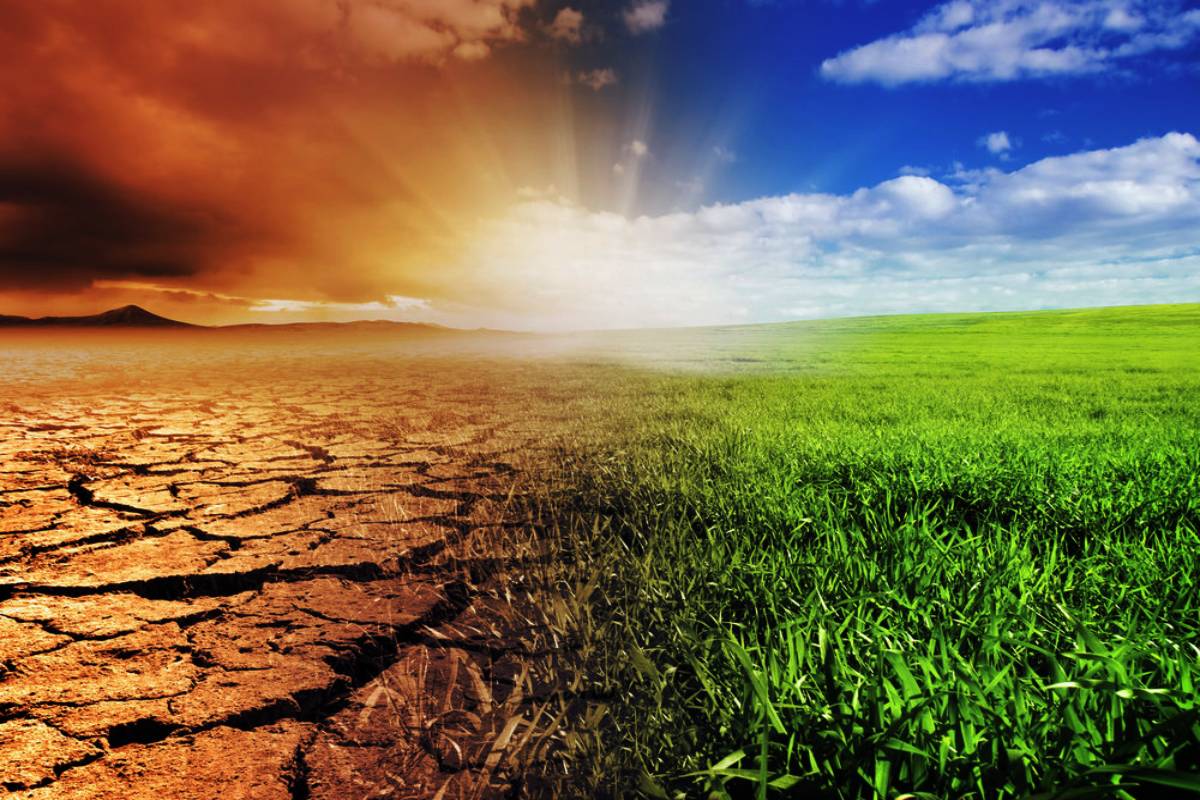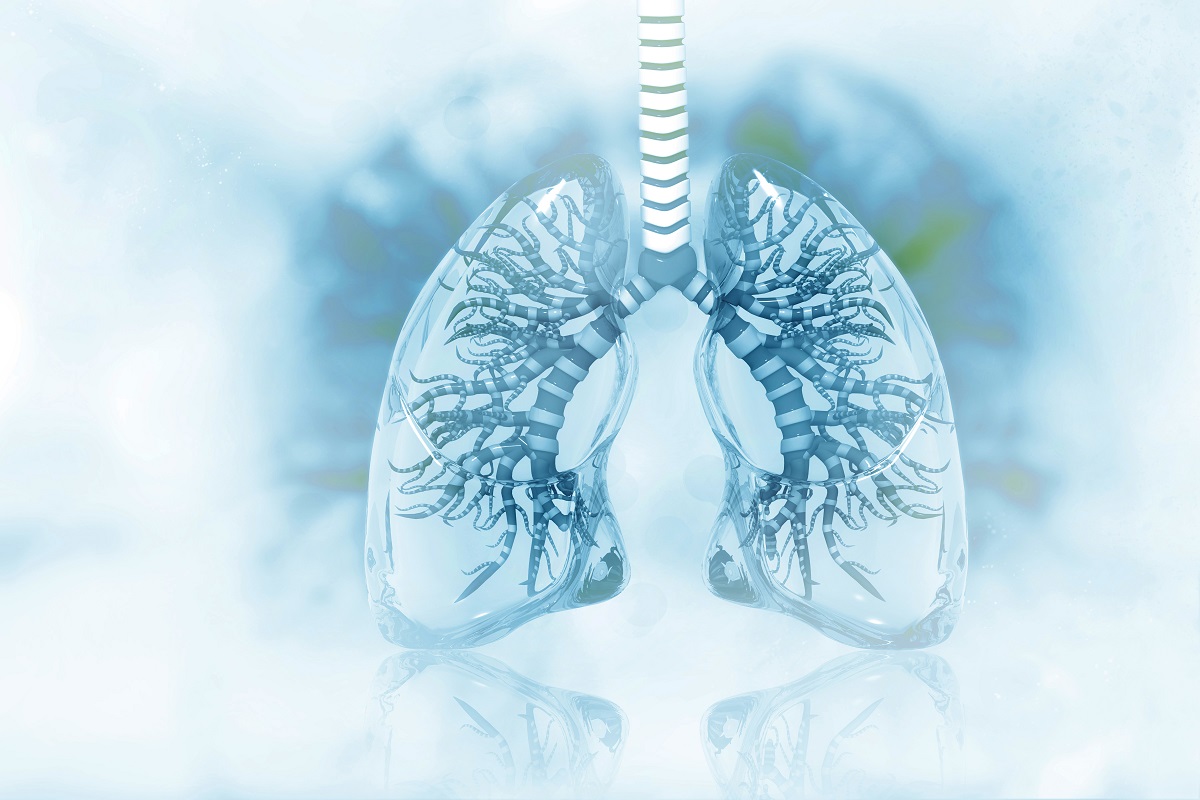Researchers find mechanisms that may lead to inflammatory bowel disease
A team of scientists has discovered mechanisms of abnormal immune cell function that may lead to Crohn’s disease, an inflammatory bowel disease (IBD).

A team of scientists has discovered mechanisms of abnormal immune cell function that may lead to Crohn’s disease, an inflammatory bowel disease (IBD).

The earth has just witnessed its hottest January on record, defying expectations and leaving climate scientists scrambling for answers.

Parkinson's disease (PD) is one of the most common neurological disorders caused by the death of dopamine-secreting neurons in the brain due to aggregation of synuclein protein inside it.

A team of scientists has developed a new method of scanning lungs that is able to show the effects of treatment on lung function in real time, enabling them to see the functioning of transplanted lungs.

Scientists at the Bose Institute, an autonomous institute of the Department of Science and Technology (DST), have studied archaea -- a domain of ancient organisms -- to find clues to survival strategies of microorganisms by adapting to harsh conditions with the help of their toxin-antitoxin (TA) systems.
Some scientists have warned of mass insect die-offs, although others say the case hasn’t been proved. And then there are fungi microbes that often go unnoticed, with an estimated 2 million to 4 million species.
The findings, published in the journal Proceedings of the National Academy of Sciences, revealed that different corals and environments influence the likelihood of their survival when ocean temperatures rise.
The project will include scientific studies to determine the ideal combination of cells to grow new cartilage which will lead to human clinical trials for facial reconstruction, the report said.
“Dry root rot (DRR) disease causes reduced vigour, dull green leaf colour, poor new growth, and twig dieback. If extensive root damage occurs, the leaves suddenly wilt and dry on the tree. The increasing global average temperature is leading to appearance of many new plant disease-causing pathogens at a rate hitherto unheard of, one of them being Macrophomina phaseolina, a soil-borne necrotrophic that causes root rot in chickpea,” the government note explained.
The picture perfect launch, the first one to take place in 2022, injected Earth Observation Satellite (EOS-04), into an intended sun synchronous polar orbit of 529 km altitude at 6:17 am Indian Standard Time, a note from the ISRO stated confirming the success of the mission.
